Introducing Caroline Rolland
Caroline is a France-based physiotherapist and osteopath with extensive experience in treating a diverse range of patients.
Her expertise includes working with individuals suffering from rheumatic and neurological conditions, as well as those experiencing respiratory issues.
Additionally, Caroline plays a significant role in supporting breast cancer patients. She provides comprehensive care that spans from preoperative treatment to postoperative breast reconstruction assistance.
Her professional experience is not limited to adults; she also works with children, bringing a broad spectrum of care to all age groups.
More recently, Caroline has expanded her practice to include working with athletes, helping them prepare for the demands of competitive sports in all its facets.
Understanding sleep apnoea
To begin with, we asked Caroline about some of the basics of sleep apnoea.
What is sleep apnoea?
Sleep apnoea is a sleep-related breathing disorder marked by recurrent pauses in breathing, each lasting at least 10 seconds, that can occur multiple times within an hour of sleep. 😮💨
These interruptions in breathing are known as apnoeas or respiratory pauses.
Such pauses can significantly diminish both sleep quality and overall quality of life.
What causes sleep apnoea?
Sleep apnoea is primarily associated with the relaxation of the tongue and pharyngeal muscles, which obstructs air passage during sleep.
Key risk factors for adults include being overweight, obesity, type 2 diabetes, a family history of Sleep Apnoea Syndrome (SAS), and advanced age.
What are the symptoms of sleep apnoea?
Often, individuals with sleep apnoea are not the first to recognise their condition.
It's typically their partners who notice symptoms, such as breathing pauses during sleep, often accompanied by snoring and restlessness.
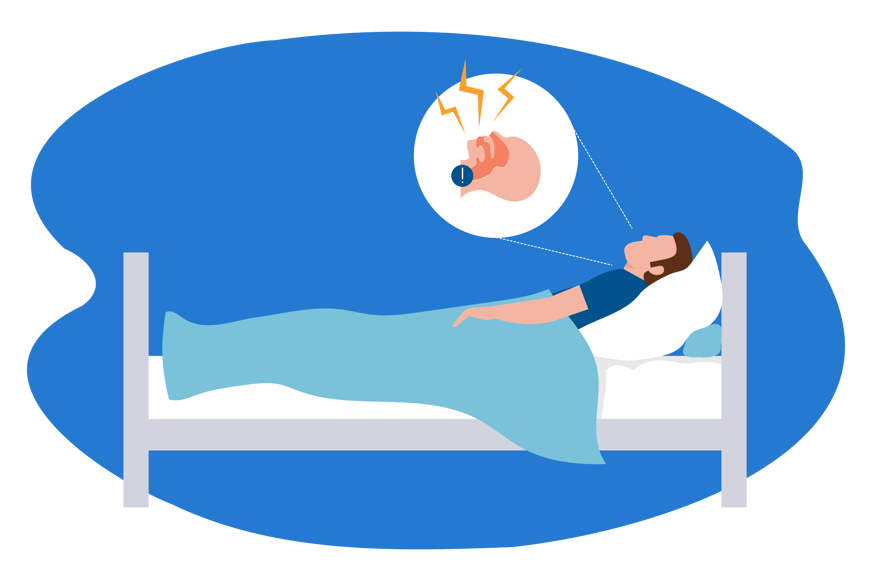
However, those suffering from sleep apnoea may experience daytime symptoms, such as fatigue, irritability, lack of concentration, and tiredness despite seemingly adequate sleep.
What are the health implications of sleep apnoea?
The respiratory pauses characteristic of sleep apnoea lead to fluctuations in heart rate, slowing down during pauses and speeding up upon resuming breathing.
These fluctuations can strain the heart muscle (myocardium) over time, potentially leading to serious health issues.
Additionally, sleep apnoea can result in reduced oxygen levels in the blood.
But, of course, the most significant health implication of sleep apnoea is that it leads to poor sleep, which carries many other problems.
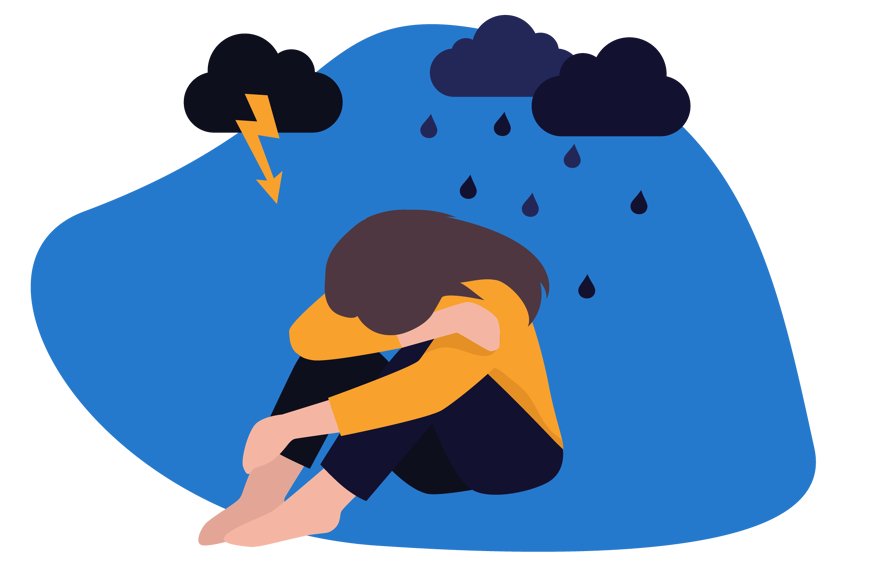
All sleep disorders affect short-term well-being but also have long-term health consequences. These can include alterations in appetite and satiety, increased obesity risk, respiratory problems, and arterial hypertension.
Overall, inadequate sleep directly impairs cognitive and emotional functioning. It leads to concentration difficulties, reduced alertness, irritability, and, in some cases, even depression.
In essence, poor sleep significantly affects both health and life quality.
Treating sleep apnoea
Understanding sleep apnoea is one thing - but how can you treat and improve the symptoms of sleep apnoea?
When should you seek help?
Many patients with apnoeas and micro-awakenings do not notice these disruptions themselves, which frequently results in a delay in seeking medical attention.
In fact, a staggering 80% of those affected are unaware of their condition.
It's crucial to consult a healthcare practitioner as soon as a partner observes respiratory pauses during sleep or if symptoms like heightened fatigue, irritability, or concentration difficulties become apparent. These symptoms can significantly impair one's professional and social life.
In such cases, your primary care physician can guide and refer you to a specialist for further evaluation and treatment.
What is the best treatment for sleep apnoea?
Currently, the only proven treatment for sleep apnoea is assisted ventilation using a positive pressure device.
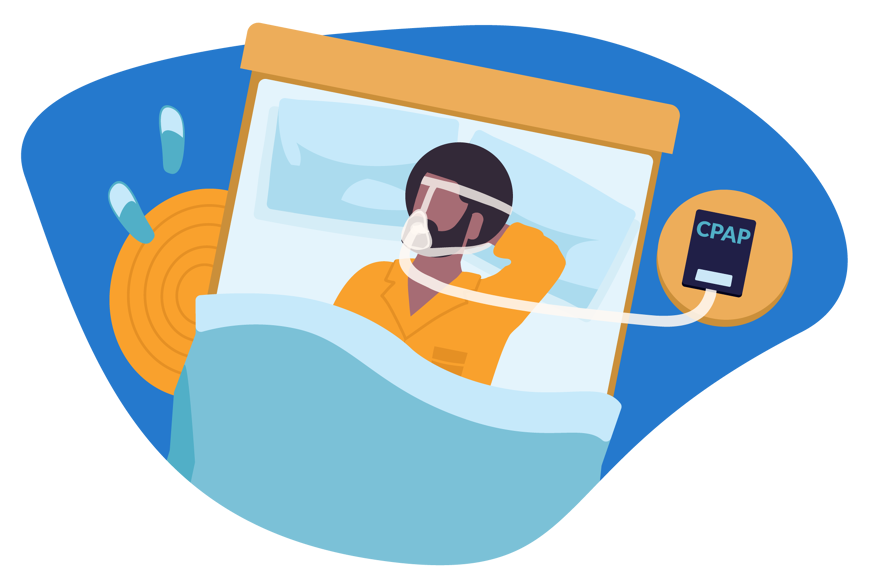
There are no pharmaceutical treatments available for this condition.
However, addressing other contributing factors is crucial. ✅
Managing underlying issues, such as obesity and cardiovascular problems, as well as environmental influences like sedentary lifestyles, stress, and smoking, is important in the overall treatment and management of sleep apnoea.
What role does physiotherapy play?
Managing contributing factors is one of the best ways to improve the symptoms of sleep apnoea, and this is where physiotherapy can really make a difference.
How can physiotherapists help patients with sleep apnoea?
While physiotherapists cannot substitute for the treatments provided by a medical team, their involvement can significantly enhance the management of sleep apnoea and its symptoms.
Typically, the role of physiotherapists involves creating a personalised training programme focusing on regular physical activity. 🏃
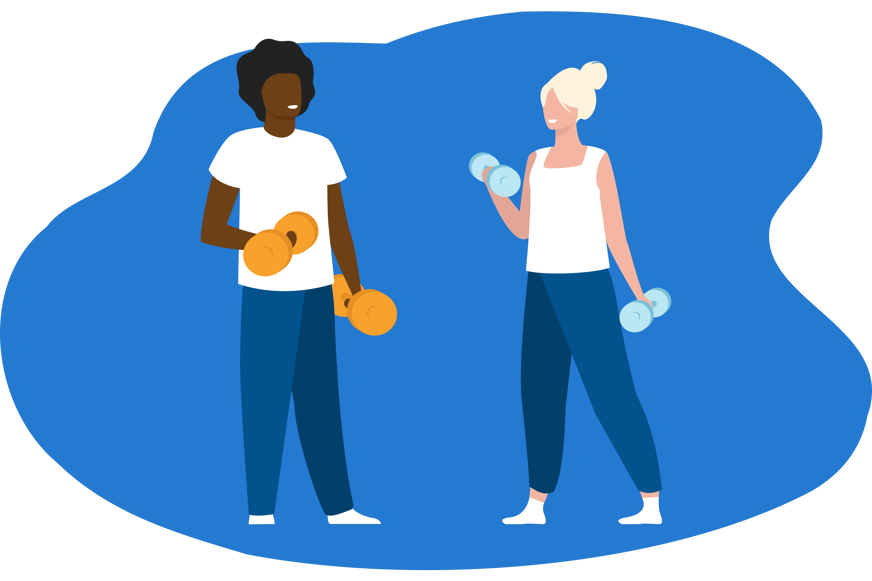
Active individuals who engage in sports and exercise often experience better sleep quality compared to those with a sedentary lifestyle.
Given that sleep apnoea is commonly observed in individuals who are overweight, incorporating physical exercise and a balanced diet is key to effectively managing the condition's symptoms.
However, it's important to note that not all physiotherapists are trained to assist with sleep apnea. For appropriate guidance and referral to a specialised physiotherapist, consult with your primary care physician.
What is the role of evening physical activity on sleep?
It's a common belief that exercising before bedtime might make it harder to fall asleep.
However, engaging in physical activity in the four hours before going to bed can be beneficial for both mental and physical health.
Research [1] involving healthy individuals has shown that the amount of time spent in deep sleep increases after engaging in sports activities compared to periods of inactivity.
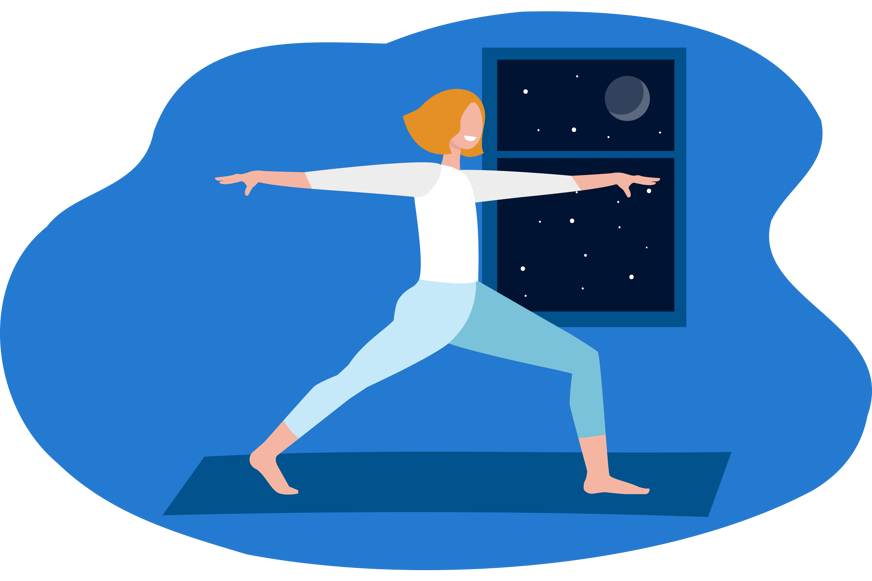
This is particularly relevant given the modern trend towards a more sedentary lifestyle, which has been linked to an increase in conditions like obesity and diabetes.
The link between physical activity and sleep quality is quite evident. Engaging in regular physical activity has been shown to facilitate a smoother transition from sleep to wakefulness and enhance motivation throughout the day.
But balancing sports and sleep is crucial, as each influences the other.
Poor sleep quality can lead to decreased efficiency and increased fatigue due to inadequate muscle recovery, leading to stiffness, inflammation, injuries, and other issues.
There's no universal agreement on the best type of evening sports activity, its intensity, duration, or frequency. What is clear is the improvement in wakefulness and reduction in fatigue the following day.
Caroline Rolland and Sleep Hero
Caroline is part of our team of Sleep Hero experts.

With her assistance, we can better come to terms with how physical activity influences sleep - and also how different sleep products may affect the body.
If you enjoy expert interviews, you may be intrigued by some of the other interviews we've done:
- Micro-nutritionist Muriel Bouquier Ouziel explains the link between sleep and diet.
- Björn Steinbrink dives into the nitty-gritty of quality sleep.
- British sleep therapist Andrew Green explains the concept of CBT-i.
You can also browse our blog for more. 😉
Contact Caroline Rolland
Contact: To contact Caroline, please reach out to her directly via her LinkedIn [2] profile.







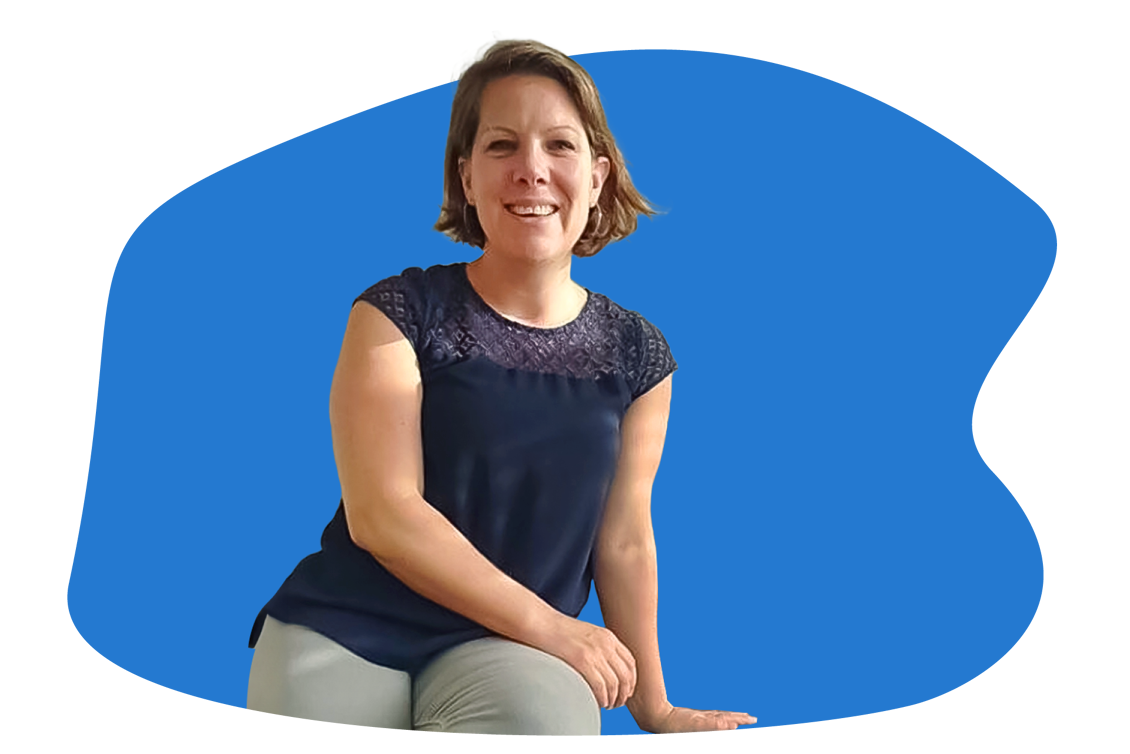
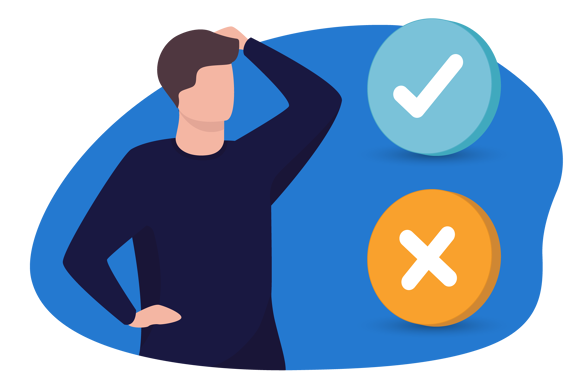
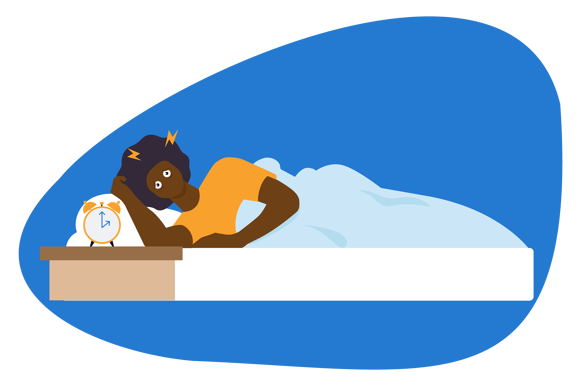



Alternatively, message us directly via the Contact Us page.